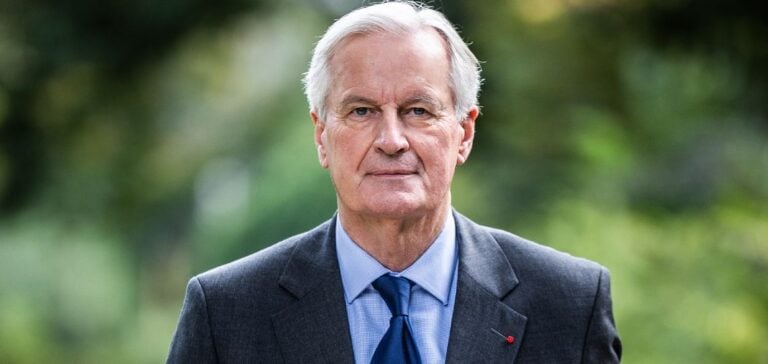The French government has announced a measure to adjust electricity taxes based on fluctuations in wholesale electricity prices. During a statement in the National Assembly, Michel Barnier supported the idea of a “rendezvous clause” to revise this tax, aiming to guarantee effective reductions in consumer bills.
Adjustment based on wholesale prices
The Prime Minister stated that this proposal is part of the 2025 budget project, which aims to collect €3 billion through an increase in electricity tax. These funds will contribute to reducing the public deficit while keeping the promise of a 9% reduction in bills for 80% of French households by February 2025.
The initiative seeks a gradual return to pre-crisis electricity tariffs. In response to criticism, the government introduced this adjustment clause to adapt the tax to evolving market prices. This flexibility also addresses concerns from political opponents who had rejected the initial version of the law due to potential negative impacts on consumers and a perceived lack of parliamentary oversight.
Balancing public finances and household support
The electricity excise tax will be readjusted to align with pre-existing conditions before the tariff shield was introduced. Olga Givernet, Minister Delegate for Energy, stated that this variability would ensure that taxes are aligned with wholesale price trends.
Subscribers to regulated tariffs or indexed contracts, representing 76% of French households according to the Commission for Energy Regulation (CRE), will be the main beneficiaries of this measure. The government aims to balance consumer support with securing necessary fiscal revenues for the state budget.
A measure under scrutiny
Despite this proposal, doubts persist. Several opposition parties have expressed skepticism about the effectiveness of the rendezvous clause to limit tax increases. They fear limited effects if wholesale prices rise sharply.
The government must demonstrate that this strategy is viable and offers a sustainable solution to protect households while contributing to fiscal recovery. The success of this adjustment relies on careful price management and clear communication with stakeholders.






















